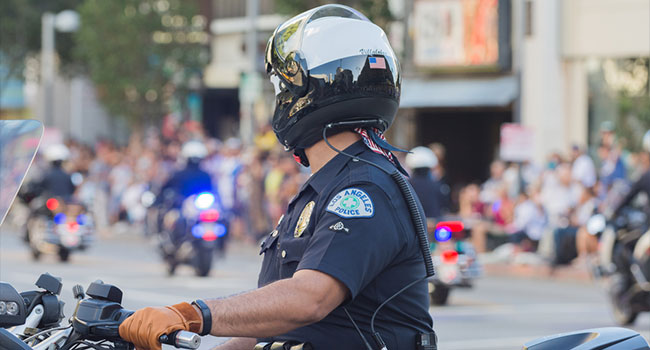
Berkeley Becomes Fourth U.S. City to Ban Police Use of Facial Recognition
Two other California cities have already adopted similar policies, and the state has also passed a ban on facial recognition in police body cameras.
- By Haley Samsel
- Oct 18, 2019
Reflecting the continued national debate about the use of surveillance technology by police, the city council in Berkeley, California voted to ban facial recognition use by its police department and other public agencies on Tuesday night.
The move makes Berkeley the fourth American city to do so, following in the footsteps of governments in San Francisco, Oakland and Sommerville, Massachusetts. All four cities have adopted those measures in just the past year.
Berkeley passed the facial recognition ban as part of an amendment to an ordinance that requires council approval for the purchase of any surveillance technology, The Mercury News reported. City officials say they have never sought the use of facial recognition software and do not have any in place.
Kate Harrison, the councilwoman who proposed the amendment, said that cities have a responsibility to take action on the issue before “mass surveillance” is imposed on their lives.
“We cannot afford to write off the various performance issues related to facial recognition technology as mere engineering problems; facial recognition surveillance poses a range of fundamental constitutional problems,” Harrison told the News. “In the face of federal and state inaction, it is incumbent upon cities to enact laws that protect communities from mass surveillance.”
Earlier this month, California became the third state to ban facial recognition software in police body cameras, though the ban does not apply to federal agencies and does not extend to other types of cameras. Oregon and New Hampshire already have similar measures in place.
Police organizations and security companies have called for regulation of the technology rather than outright bans, sending a letter to Congress last month defending the product as useful in protecting communities.
Meanwhile, civil liberties groups have applauded the steps taken by the California state government and city councils to prevent their police departments from using the software to identify potential suspects. The ACLU and a group called Secure Justice have been involved in passing legislation across California to keep government officials from using facial recognition software.
“We’re very grateful to Councilmember Harrison for her leadership on this issue, and to the city council for their unanimous support,” Brian Hofer, the executive director of Secure Justice, told the News. “Dangerous face surveillance technology is incompatible with a healthy democracy.
About the Author
Haley Samsel is an Associate Content Editor for the Infrastructure Solutions Group at 1105 Media.